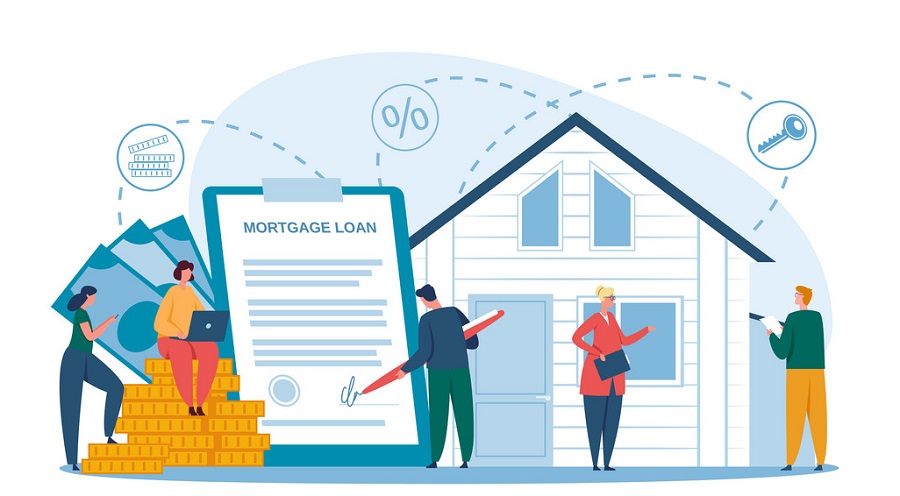Chasing after satisfying dreams, financial constraints often present significant obstacles. Whether it’s expanding a business, funding education, or managing unanticipated expenses, the requirement for substantial funds can arise suddenly. During such occasions, leveraging assets like property can be a reasonable option, and a Loan against property (LAP) arises as a viable arrangement.
Understanding Loan against property
What is a Loan against property (LAP)?
A Loan against property is a tied-down loan that allows individuals to get funds by mortgaging their property. It very well may be a residential or commercial property, filling in as collateral for the loan amount sanctioned by financial establishments.
Eligibility Criteria and Documentation
Financial foundations think about various factors prior to approving a “Loan against property“ including the property’s value, the applicant’s income, age, credit score, and repayment capacity. Documentation typically incorporates property papers, income proof, identity and address proofs, and bank statements.
Benefits of Loan against property
Higher Loan Amounts: Compared to unstable loans, LAP offers substantially higher loan amounts. The loan quantum is not set in stone by the property’s value and the borrower’s eligibility criteria.
Lower Interest Rates: If you are against property, LAP will, in general, offer lower interest rates compared to unstable loans like personal loans or credit cards. The interest rates are typically fixed or floating, contingent upon the moneylender’s terms.
Flexible Repayment Options: LAP gives flexible repayment options, allowing borrowers to pick between fixed or floating interest rates and longer repayment tenures. This adaptability eases the weight of repayment, guaranteeing affordability.
Versatile Usage: The acquired amount from a Loan against property can be used for various purposes like business expansion, education, medical expenses, debt consolidation, or any other financial prerequisites.
Understanding Loan against property EMIs
What are EMIs?
Equated Monthly Installments (EMIs) are fixed payments made by borrowers to repay the loan amount along with the interest over a foreordained period. The EMI amount remains constant all through the repayment tenure.
Factors Affecting Loan against property EMIs
• Loan Amount: A higher loan amount results in higher “Loan against property EMIs“.
• Interest Rate: Higher interest rates lead to higher EMIs.
• Loan Tenure: Longer tenures lessen the EMI amount but increase the overall interest payout.
• Credit Score: A borrower’s creditworthiness plays a pivotal job. A higher credit score often brings about lower interest rates, like this affecting the EMI amount decidedly.
• Type of Interest Rate: Selecting a fixed or floating interest rate unexpectedly impacts EMIs. While fixed rates offer stability, floating rates may lead to fluctuations in EMIs based on market conditions.
• Processing Fees and Other Charges: Additional fees, like processing charges, administrative fees, or insurance premiums, can marginally increase the overall EMI amount. Understanding these charges is essential while assessing loan affordability.
Managing Loan against property EMIs
Budget Planning: Create a powerful budget plan that accommodates the EMIs comfortably without straining your finances. Think about your income, expenses, and other financial obligations while planning.
Prepayment Option: A few banks offer the adaptability of prepayment or part-payment of the loan amount. Use any surplus funds to diminish the outstanding principal amount, in this way decreasing the overall interest payout.
Avoiding Default: Guarantee convenient payment of EMIs to avoid penalties and adverse consequences for your credit score. Defaulting on payments can lead to the moneylender initiating legal action and eventual property abandonment.

